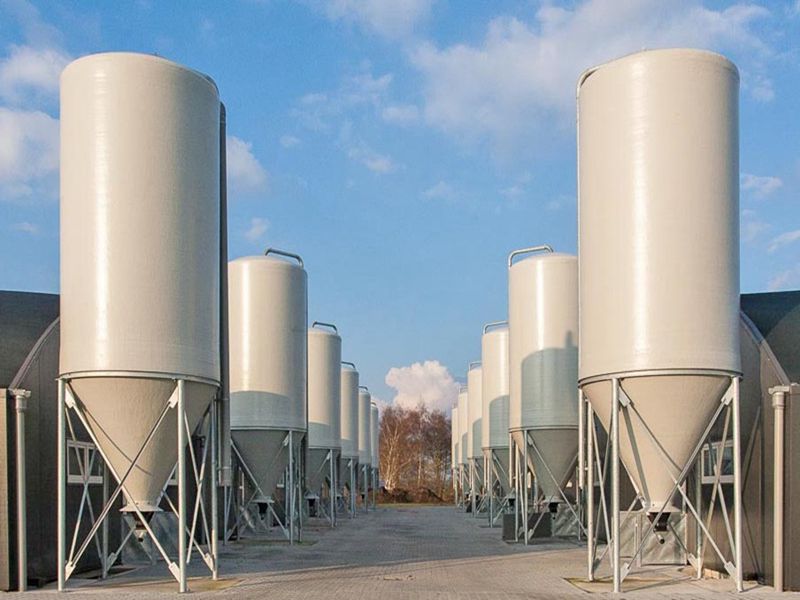
-
 Afrikaans
Afrikaans -
 Albanian
Albanian -
 Amharic
Amharic -
 Arabic
Arabic -
 Armenian
Armenian -
 Azerbaijani
Azerbaijani -
 Basque
Basque -
 Belarusian
Belarusian -
 Bengali
Bengali -
 Bosnian
Bosnian -
 Bulgarian
Bulgarian -
 Catalan
Catalan -
 Cebuano
Cebuano -
 China
China -
 China (Taiwan)
China (Taiwan) -
 Corsican
Corsican -
 Croatian
Croatian -
 Czech
Czech -
 Danish
Danish -
 Dutch
Dutch -
 English
English -
 Esperanto
Esperanto -
 Estonian
Estonian -
 Finnish
Finnish -
 French
French -
 Frisian
Frisian -
 Galician
Galician -
 Georgian
Georgian -
 German
German -
 Greek
Greek -
 Gujarati
Gujarati -
 Haitian Creole
Haitian Creole -
 hausa
hausa -
 hawaiian
hawaiian -
 Hebrew
Hebrew -
 Hindi
Hindi -
 Miao
Miao -
 Hungarian
Hungarian -
 Icelandic
Icelandic -
 igbo
igbo -
 Indonesian
Indonesian -
 irish
irish -
 Italian
Italian -
 Japanese
Japanese -
 Javanese
Javanese -
 Kannada
Kannada -
 kazakh
kazakh -
 Khmer
Khmer -
 Rwandese
Rwandese -
 Korean
Korean -
 Kurdish
Kurdish -
 Kyrgyz
Kyrgyz -
 Lao
Lao -
 Latin
Latin -
 Latvian
Latvian -
 Lithuanian
Lithuanian -
 Luxembourgish
Luxembourgish -
 Macedonian
Macedonian -
 Malgashi
Malgashi -
 Malay
Malay -
 Malayalam
Malayalam -
 Maltese
Maltese -
 Maori
Maori -
 Marathi
Marathi -
 Mongolian
Mongolian -
 Myanmar
Myanmar -
 Nepali
Nepali -
 Norwegian
Norwegian -
 Norwegian
Norwegian -
 Occitan
Occitan -
 Pashto
Pashto -
 Persian
Persian -
 Polish
Polish -
 Portuguese
Portuguese -
 Punjabi
Punjabi -
 Romanian
Romanian -
 Russian
Russian -
 Samoan
Samoan -
 Scottish Gaelic
Scottish Gaelic -
 Serbian
Serbian -
 Sesotho
Sesotho -
 Shona
Shona -
 Sindhi
Sindhi -
 Sinhala
Sinhala -
 Slovak
Slovak -
 Slovenian
Slovenian -
 Somali
Somali -
 Spanish
Spanish -
 Sundanese
Sundanese -
 Swahili
Swahili -
 Swedish
Swedish -
 Tagalog
Tagalog -
 Tajik
Tajik -
 Tamil
Tamil -
 Tatar
Tatar -
 Telugu
Telugu -
 Thai
Thai -
 Turkish
Turkish -
 Turkmen
Turkmen -
 Ukrainian
Ukrainian -
 Urdu
Urdu -
 Uighur
Uighur -
 Uzbek
Uzbek -
 Vietnamese
Vietnamese -
 Welsh
Welsh -
 Bantu
Bantu -
 Yiddish
Yiddish -
 Yoruba
Yoruba -
 Zulu
Zulu
High-Quality Fiberglass Tanks for Versatile Applications
The Versatility and Benefits of Fiberglass Tanks
Fiberglass tanks have emerged as a popular solution in various industries due to their durability, corrosion resistance, and lightweight characteristics. Made from a composite of glass fibers and resin, these tanks offer a range of advantages over traditional materials like steel and concrete, making them an ideal choice for storing liquids and chemicals.
One of the most significant benefits of fiberglass tanks is their resistance to corrosion. Unlike metal tanks that can rust or degrade over time when exposed to harsh chemicals, fiberglass remains unaffected, ensuring that the integrity of the stored contents is maintained. This makes fiberglass tanks particularly suitable for industries such as agriculture, water treatment, and chemical manufacturing, where the contents may be corrosive or reactive.
Additionally, fiberglass tanks are lightweight compared to their metal counterparts. This characteristic simplifies transportation and installation, leading to lower labor costs and quicker setup times. The easy handling of these tanks also allows for flexibility in placement, making them adaptable across various applications and environments.
Another advantage of fiberglass tanks is their design versatility. They can be molded into various shapes and sizes to accommodate specific storage needs. Whether it’s for water storage, wastewater management, or chemical containment, fiberglass tanks can be customized to meet industry standards and requirements. This customization potential also extends to features like manways, access ports, and various fitting options, allowing for seamless integration into existing systems.
fiberglass tank

Moreover, fiberglass tanks are known for their longevity. With proper maintenance, they can last for decades without significant degradation. This durability not only reduces the need for replacements but also contributes to lower lifecycle costs, making them a cost-effective solution in the long run.
Fiberglass tanks also exhibit excellent insulation properties. For applications involving temperature-sensitive contents, such as certain chemicals or liquids, fiberglass tanks can minimize heat exchange with the environment. This feature helps in maintaining the desired temperature, thereby preserving the quality of the stored liquids.
Environmental considerations are increasingly becoming vital in today's industrial operations. Fiberglass is often manufactured using eco-friendly processes, and many fiberglass tanks are constructed from recyclable materials, reducing the carbon footprint associated with their production. This sustainability aspect aligns well with the practices of companies striving for greener operations.
In terms of safety, fiberglass tanks offer additional benefits. Their non-conductive nature reduces the risk of sparks or static electricity, which is particularly crucial when handling flammable materials. Furthermore, the smooth surface of fiberglass minimizes the risk of bacterial growth, making these tanks suitable for potable water storage.
As industries continue to advance and adopt new technologies, the demand for reliable and efficient storage solutions will grow. Fiberglass tanks stand out as a preferred choice, combining durability, versatility, and cost-effectiveness. In summary, for anyone looking to invest in a storage solution that offers longevity and adaptability while ensuring safety and environmental sustainability, fiberglass tanks are undoubtedly worth considering. Their benefits make them an essential component in the infrastructure of modern industrial operations, catering to various needs across multiple sectors.
Latest news
-
Exploring the Benefits of Top Hammer Drifter Rods for Enhanced Drilling PerformanceNewsJun.10,2025
-
High-Precision Fiberglass Winding Machine for GRP/FRP Pipe Production – Reliable & Efficient SolutionsNewsJun.10,2025
-
FRP Pipes & Fittings for Shipbuilding - Corrosion-Resistant & LightweightNewsJun.09,2025
-
Premium FRP Flooring Solutions Durable & Slip-ResistantNewsJun.09,2025
-
Premium Fiberglass Rectangular Tanks Durable & Lightweight SolutionNewsJun.09,2025
-
Tapered Drill String Design Guide Durable Performance & UsesNewsJun.09,2025









